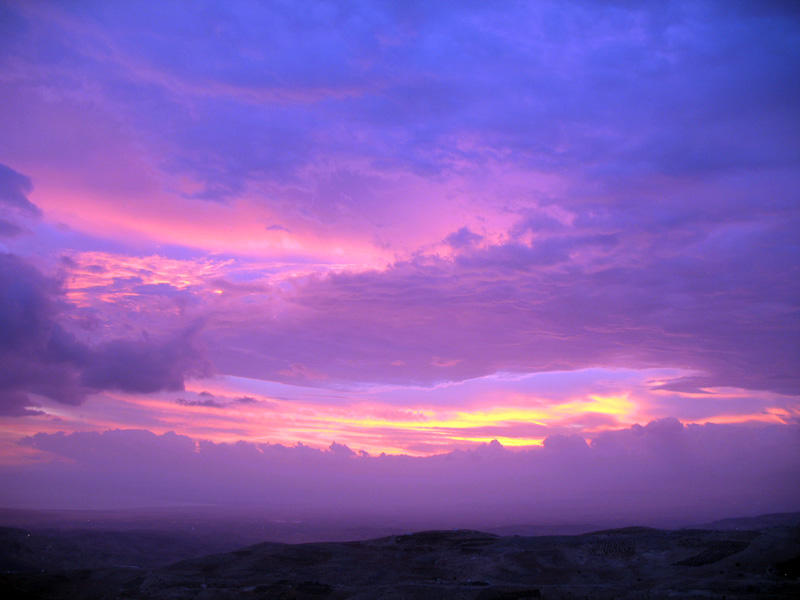Neale Donald Walsch | December 16 2011
 Hello my wonderful friends…
Hello my wonderful friends…
As you know if you are a regular reader, we have been discussing here the steps toward The Holy Experience. And we concluded our exploration last week with an intriguing question: How can a thing that is inherently limited be virtually unlimited?
One of my friends, who I have quoted before here, Bill Fischofer, says this: “Mathematically, this is the distinction between being infinite and being unbounded. The divine is an actual infinity, something which is completely beyond any attempt at comprehension. Individuations of the divine are finite but unbounded, meaning that at any instant they have finite extent but that their capacity for growth and new experience is not limited. We are thus asymptotes of the divine.”
(I probably would spend the rest of my life without ever using the word “asymptotes, but then, Bill is a genius and I, a mere human.)
The solution to the paradox lies in the fact that we are unlimited in what we can ultimate know and experience of ourselves–and the moment we know and experience all that there is to know and experience, we will immediately create more to know and experience.
So we can know our Selves completely, and the moment we know our Selves completely, we do not. We accomplish this neat trick by simply changing the definition of “completely.” Only a God could do this, and that is, of course, exactly who we are.
Earlier in this series of articles here I said that “knowing” you are having the Holy Experience is the third step in “creating it.” (For clarity: I use the word “creating” here in the limited human sense. Everything has already been created. What we call “creating” is really a “remembering” or a “noticing” or an “awareness” that something is already there, already exists, and always did. Yes? So if we understand this, then I will continue to use the word “create” in the human sense.)
So….earlier I said that “knowing” you are having the Holy Experience is the third step in “creating it.” Some people will see this as a juxtaposition of knowing and creating, and, of course, it is exactly that. Such juxtaposition is required when we speak (as most of us usually do) within the limited understandings of our current perspective.
Allow me to explain.
Many people believe that creation precedes knowing. That is, you can’t truly “know” about something that “is not.” This is how it seems to work in the actual living of our lives. Yet what I am saying here is exactly the opposite. We cannot create anything that we do not first know about. Knowing precedes creation, and produces it
This is a reversal of the paradigm within which we generally experience ourselves. With such a reversal comes a complete turnaround in our experience.
Hugs and love,
Neale
Related articles
- Neale Donald Walsch ~ Your Perspective Creates It All (shiftfrequency.com)
- Neale Donald Walsch ~ Different, But Not Divided (shiftfrequency.com)
- Neale Donald Walsch ~ The Most Important Key Of All (shiftfrequency.com)
